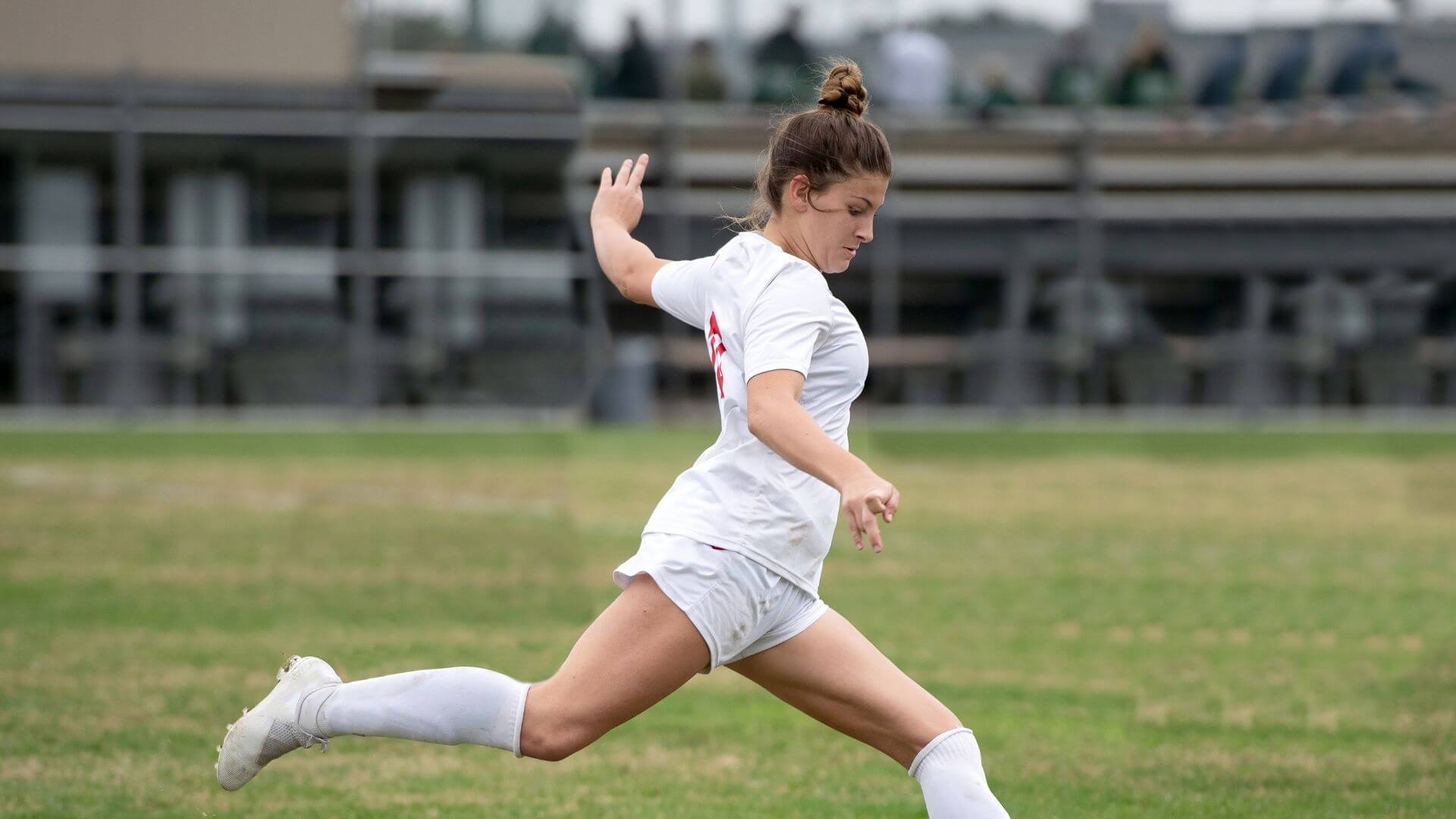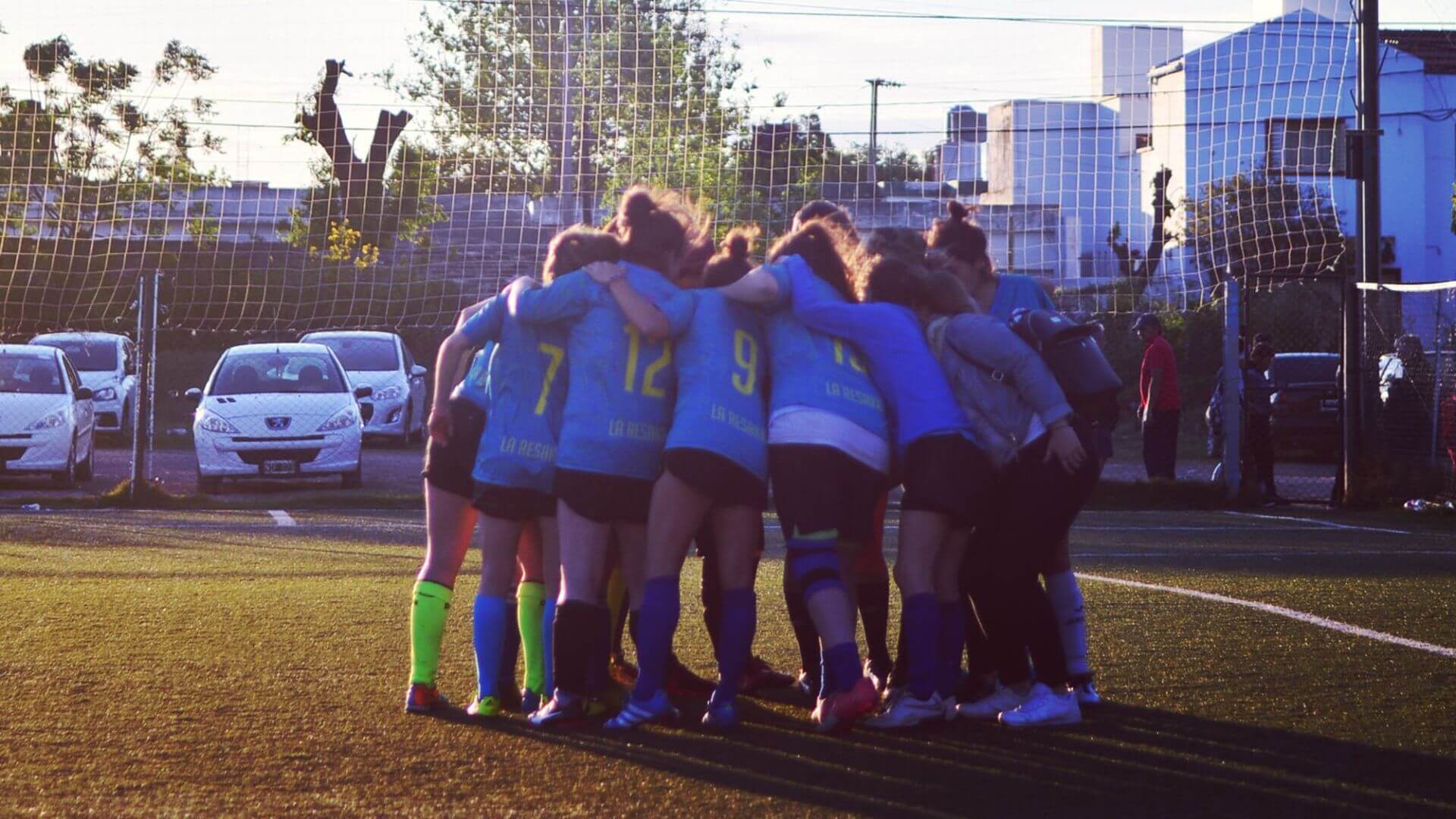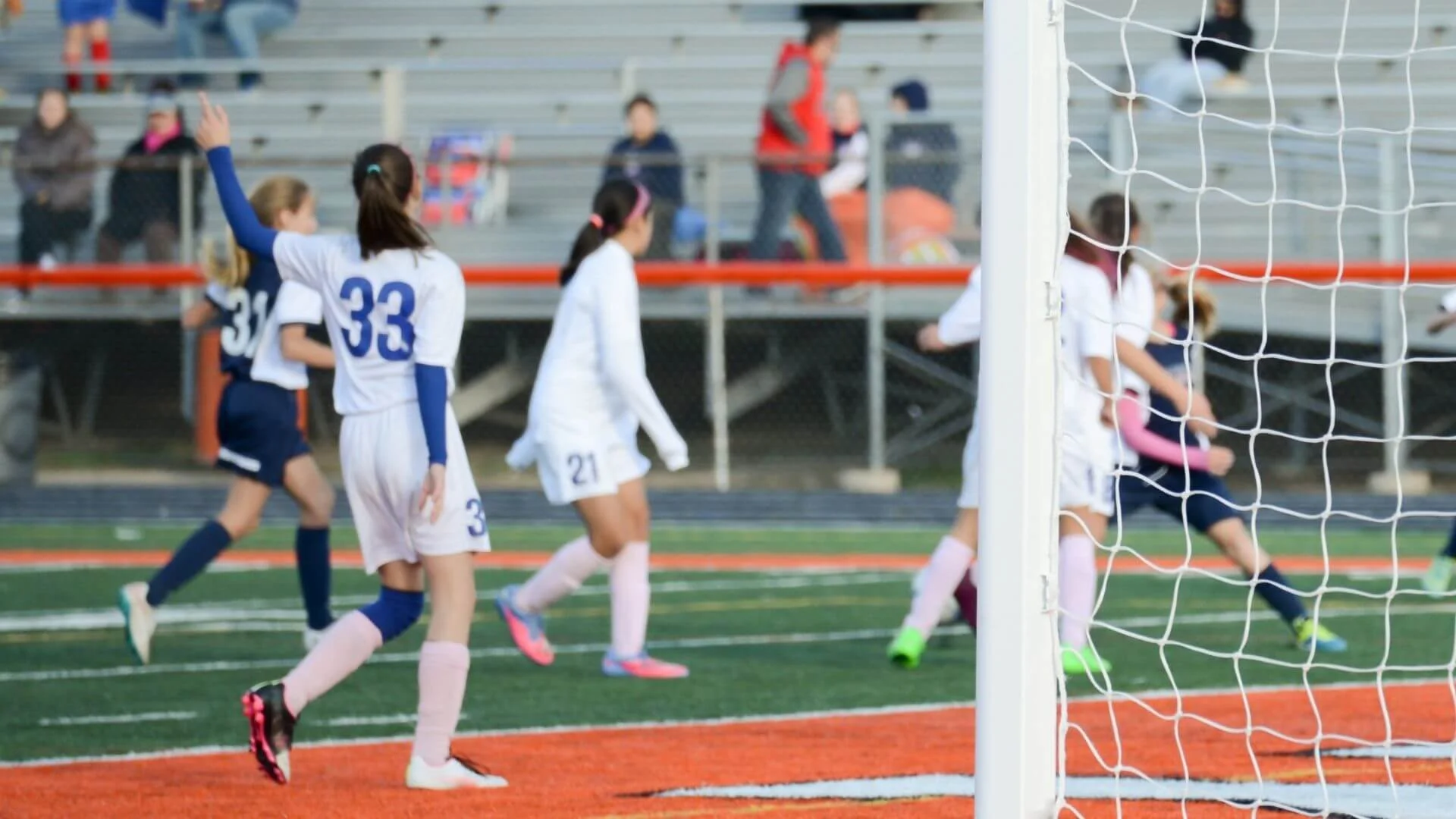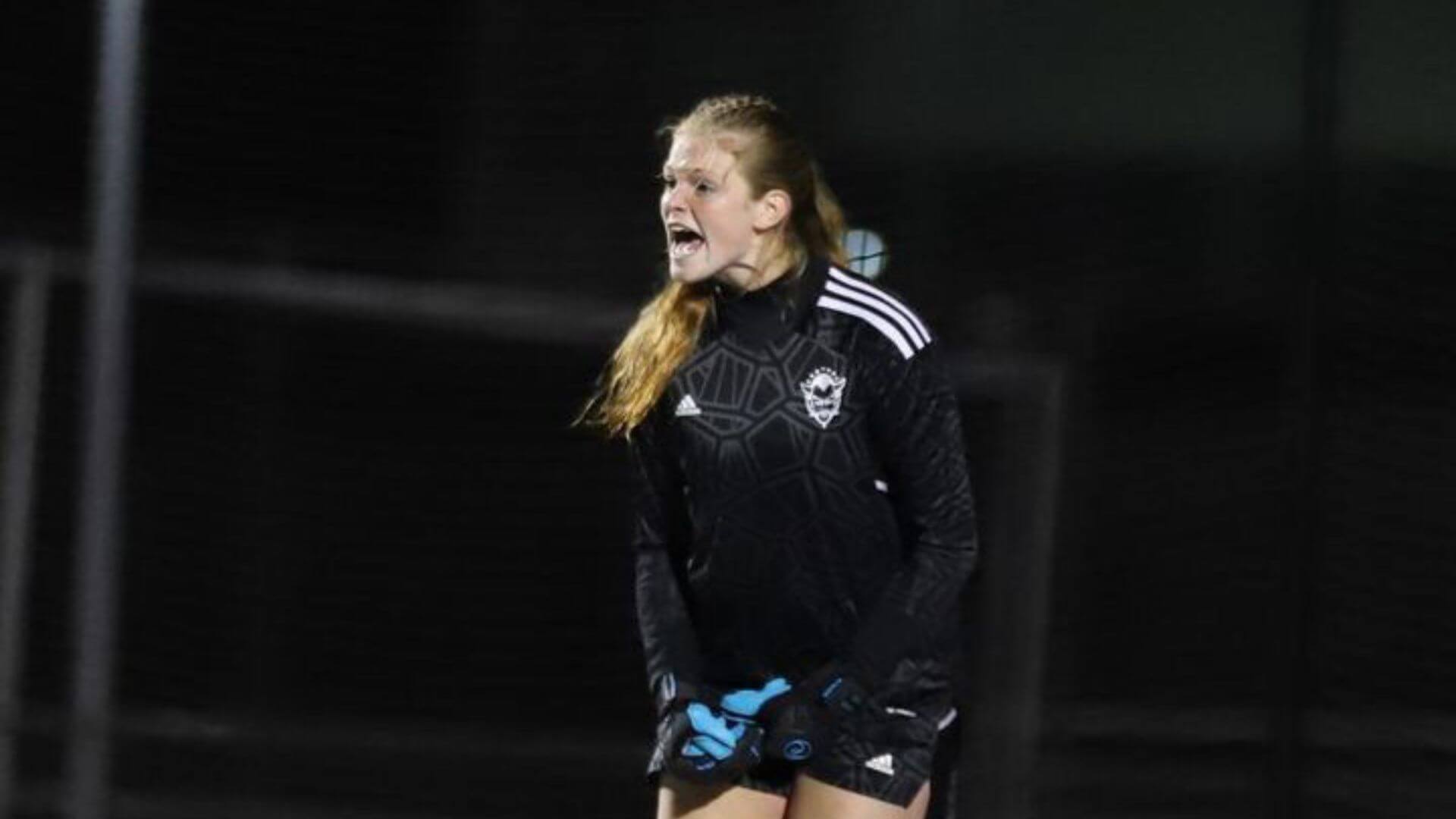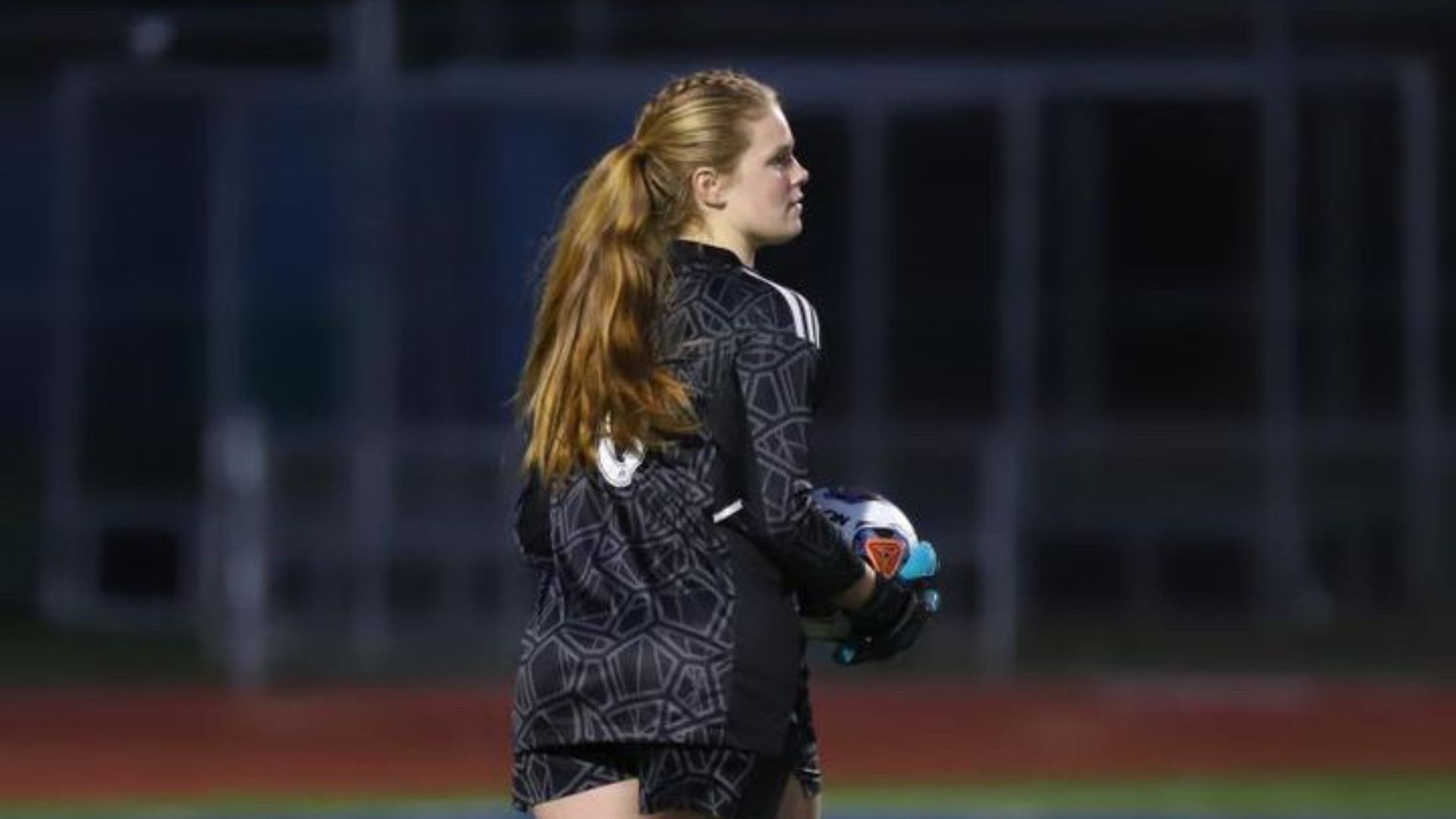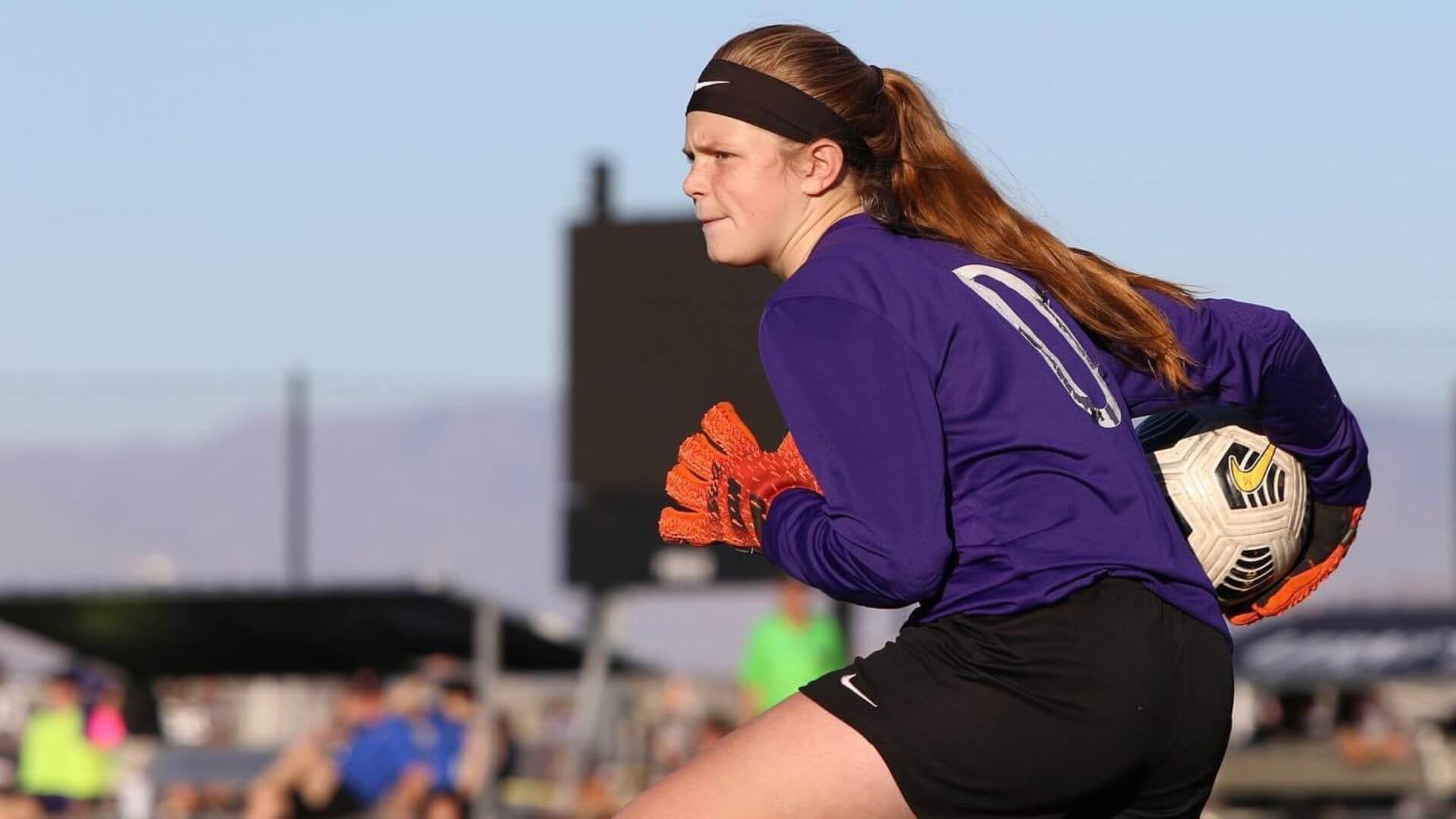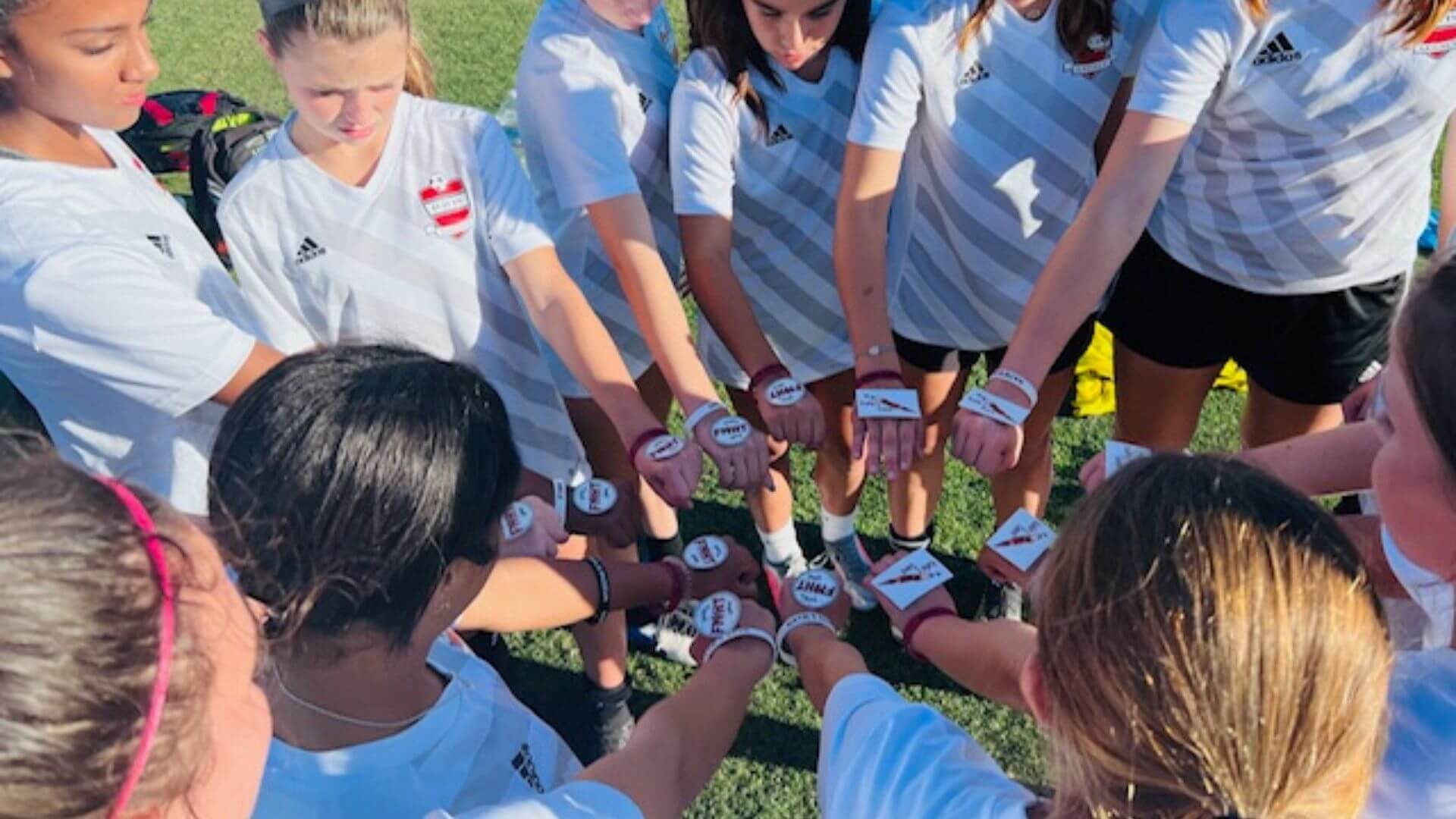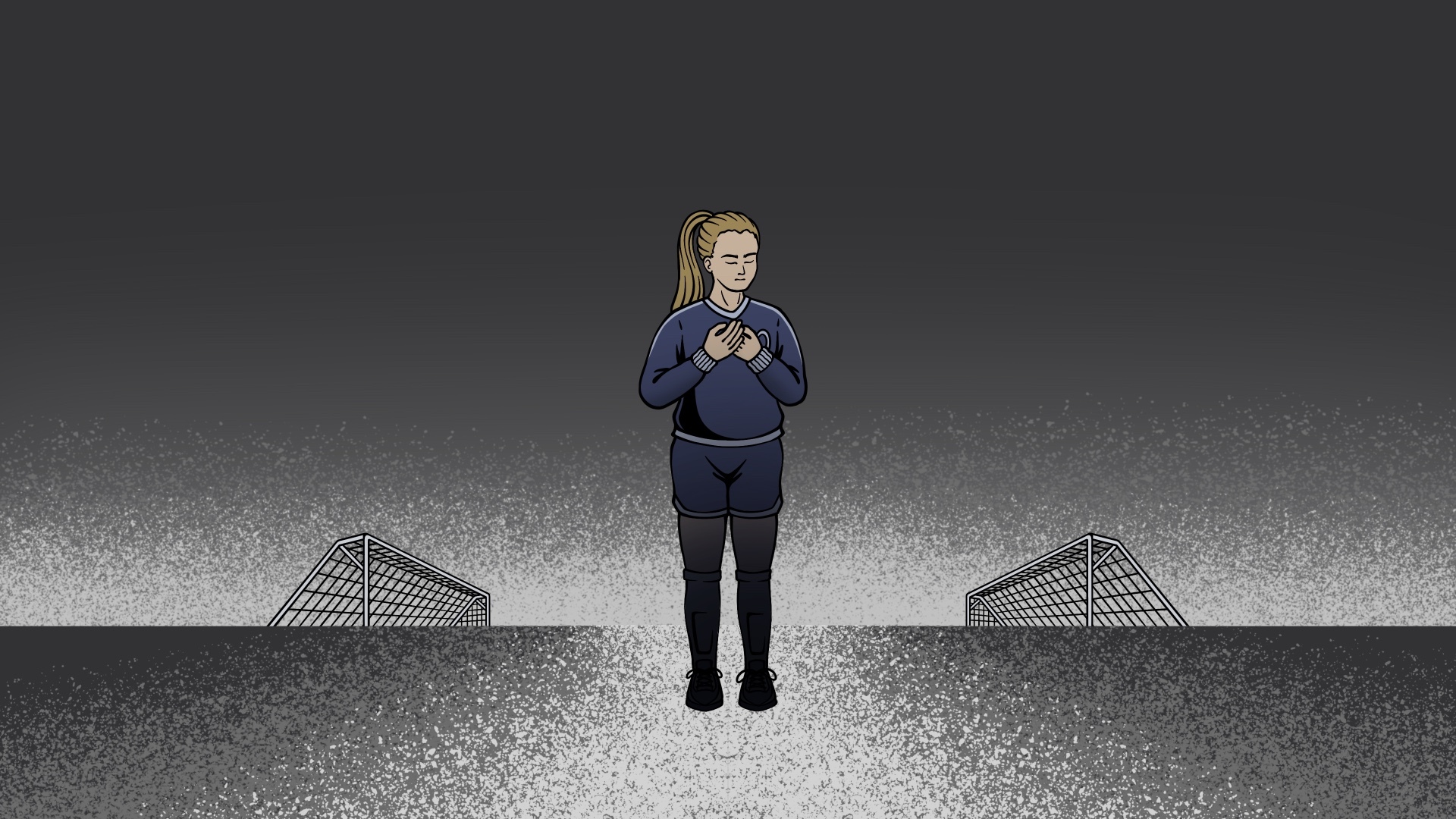Navigating Leadership, Unity, and Mentality: A Team Captain’s Journey
“The greatest leader is not necessarily the one who does the greatest things. He is the one that gets the people to do the greatest things.”- Ronald Reagan.
Being selected as team captain for a third year is not something I take lightly, nor do I want to get complacent. I was just as excited as the first year I was nominated for the role. Yet, if I’m being completely honest, I also felt slightly nervous. The role, responsibilities, and expectations are much higher this year.
With most of the team entering our sophomore year, the next three years are pivotal for those interested in playing collegiately. It’s the time in a student-athlete’s life when their sport is taken to the next level. A common focus and goal is to surpass what the previous team accomplished and we achieved last season, but now, this year, there’s added pressure.

It’s time to start the beginning stages of the recruitment process. As a team, it’s even more important now to work together, support one another, and be there for each other so that collectively and individually, we are represented the best. One component I feel is vital to a team’s success is a team’s mentality and culture.
Recently, there’s been a lot of discussion around the topic of leadership, unity, and team mentality after the earlier-than-expected USWNT World Cup exit. As an observer, I wondered if the USWNT wasn’t in sync or connecting like usual. To me, it didn’t seem like there was as much joy on the pitch or that there was a fluid, consistent leadership as they had before.
The leadership of a team, for a team to be successful, has to be authentic, practiced, and cultivated from the bottom to the top. It’s very easy to lead a team when everything is going smoothly and in your favor, but another when there’s work to be done and more improvements to be made.
I believe the key is making sure there’s joy in what we are doing, what we are working towards, and who we are doing it for so that during times of challenge, everyone is still in sync.
As a goalkeeper and team captain, it is important that I help my teammates understand it’s important NOT to judge our performance as the play unfolds but rather judge our mindset in what we are doing and working towards.
To achieve this level of awareness, discipline, and leadership, especially as a youth athlete, I believe athletes need to work on being confident in the three major areas of themselves: self-confidence, self-worth, and self-esteem.
When these healthily coexist, you are more focused on team unity, team mentality, and team performance. You are less likely to compare yourself to others or be threatened by others’ performances and development opportunities.
Soccer is a team sport; one single great player will only get you so far. Everyone has value and a role, which is the core foundation of developing a successful team. My teammates play a vital role in my development as an athlete, as I do in theirs. When we realize we are in it together, we as players have a higher level of well-being, knowing that we share the responsibility for the highs and lows the team and players go through in a season.
I understand that sports programs are a little behind in helping youth athletes, especially with developing or adding mindset and mental skills curriculum to their programs, but until they catch up, as a team captain, I can help the team this year by:
- Ensuring we are fostering a positive learning environment.
- Cultivating an ownership mindset and responsibility.
- Highlighting an individual’s strengths and encouraging development areas and a growth mindset. I can do this by demonstrating how I respond when I make a mistake and then own this, learn from it, and make it fuel to move forward.
- Ensuring we, as players and teammates, are embracing each other’s contributions and roles to the team.
- Focus on transparency, team autonomy, and empathy.
- Helping ensure team goals and missions are understood, followed, and respected.
- Working to create a team identity that feels unique and different from other teams’ identity. Something we own and make ours, such as team rituals, team missions, warm-up routines, etc…
- Providing inspiration, confidence, motivation, and excitement in what we are doing and trying to achieve.
- Creating a higher morale. When athletes feel heard and get a say in what happens or what needs to be improved upon, they are more likely to also come up with solutions. There is more of a buy-in and confidence in what we are building as a team.
- Leading by example and representing the team positively, on and off the field.
- Advocating for sports programs like my club to add mindset and mental skills curriculum to their program.
- And lastly, as a leader and captain, it’s important for me to understand my team’s definition of individual and team success. What this looks like for us now and in the future, at various stages of development and degrees of stress. And reminding them and myself of this along the way so we avoid allowing the scoreboard and others’ opinions to be the narrative that is the determining factor of what success looks like.
As much as I’m nervous about this season and my role, I’m equally excited about the possibilities and challenging myself to be the type of teammate, player, and leader that helps lift and inspire greatness in others.
_
GIRLS SOCCER NETWORK: YOUR SOURCE FOR GIRLS SOCCER NEWS



